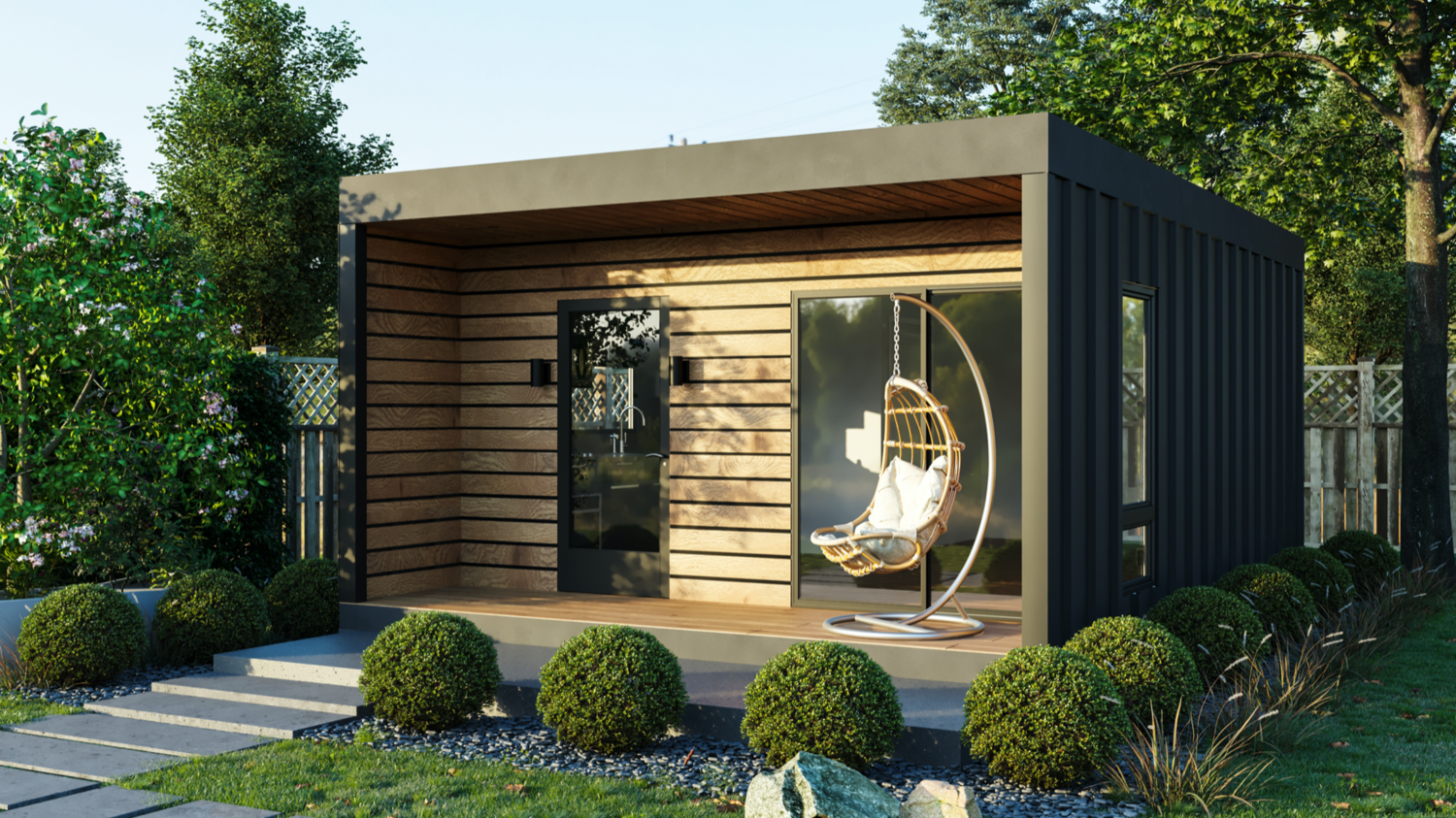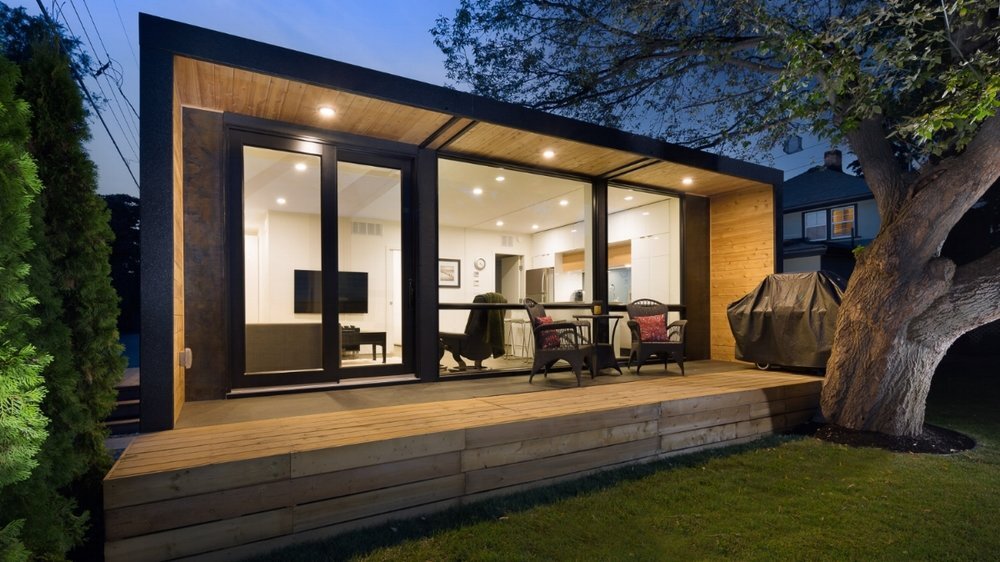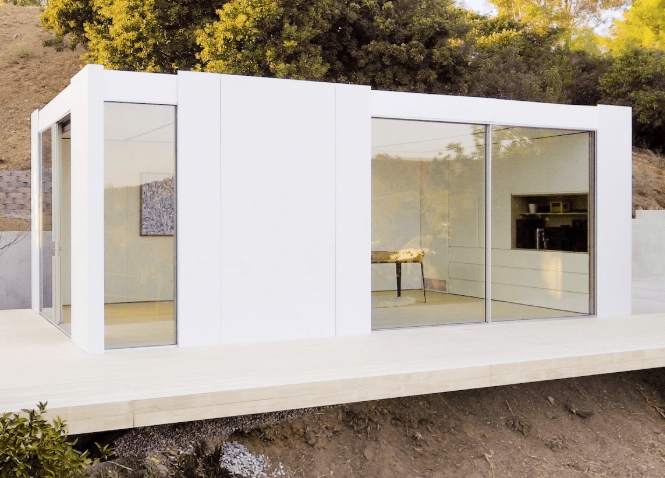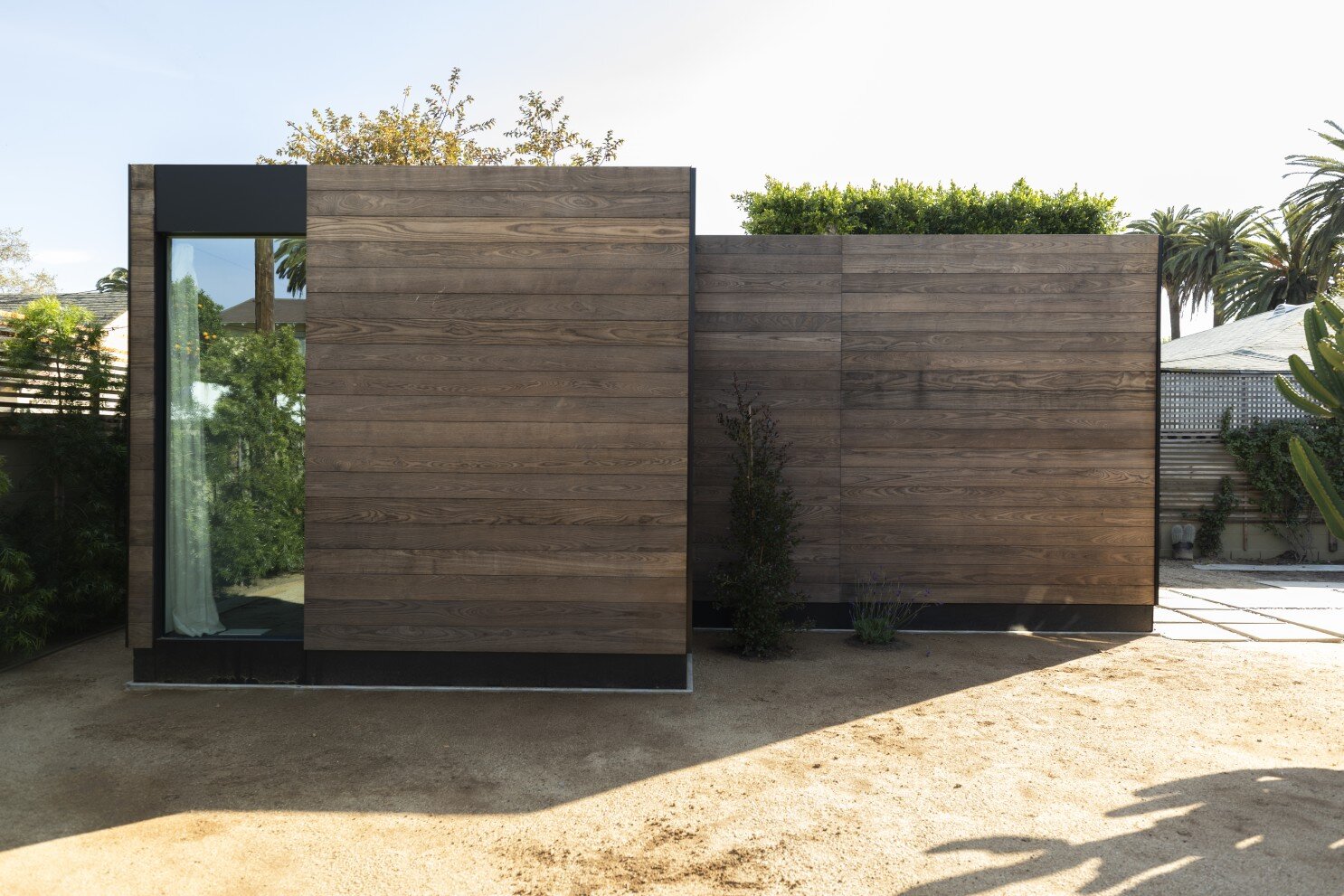Unison ADU Financing Review

How Do You Finance an ADU and Why Consider Unison?
Despite the increasing popularity of ADUs, also called auxiliary dwelling units, in-law suites, and granny flats, financing solutions have been slow to adapt. While individuals can still finance an ADU build with cash or lending products like home equity loans, home equity lines of credit, cash out refinancing, or construction loans, there are drawbacks that make these products unappealing for some individuals. These limitations include strict borrower profiles, high monthly payments, and rigid draw schedules.
Alternatively, Unison offers homeowners with equity in their property cash in exchange for a share of their home’s future appreciation or depreciation. This model allows individuals to access up to $500,000 with no monthly payments and a 30-year borrowing horizon. As a result, borrowers have access to an alternate financing option so that they can use an ADU to generate additional income, combat housing scarcity, or simply increase the livable space of their property. Our full Unison review below, addresses questions such as How does Unison work? How much does Unison cost? Is Unison a good financing option for me? And what other options exist for financing my ADU aside from Union’s home equity sharing?
What is Unison?
Unison is a lending company that gives homeowners cash in exchange for a share of their homes future appreciation (or depreciation). Unison’s lending product is a debt-free alternative to more main-stream products such as personal loans, cash out refinances, home equity loans, and home equity lines of credit.
Money borrowed from Unison can be used unconditionally and is often used to pay down debts, start a business, or fund education. Alternatively, we have found that money borrowed from Unison can be well-suited to fund an ADU build.
Below, our table of key characteristics outlines important information about Unison’s home equity-based lending product.
| Maximum Cash Amount | Maximum Borrowing Period | Service Area | Eligibility | Reviews* | |
|---|---|---|---|---|---|
| Unison | $500,000 (maximum offer is 17.5% of your home’s value) | 30 Years | AZ, CA, CO, CT, DE, FL, GE, IL, IN, KS, KY, MD, MA, MI, MN, MO, NV, NJ, NM, NY, NC, OH, OR, PA, RI, SC, TN, UT, VA, WA, D.C., WI (as of May, 2020) |
- Combined property value (home + land) must be greater than $30,000 -Credit score of at least 680 |
2.5 Stars (as of May, 2020) |
*Reviews are based on prior customer reviews and sourced on May 1, 2020. Reviews are based on consumer reviews from Yelp
** (Accurate as of May, 2020)
How does borrowing from Unison work?
Unison’s co-investment lending product works by giving individuals money in exchange for equity in the future value of an individual’s home. The percentage of equity that Unison receives is determined by factors such as borrower profile, amount borrowed, and the value of the home. Borrowers can repay Unison at any time up to the 30-year term. Additionally, individuals can repay Unison either with cash (or another loan) or through the sale of their home.
The amount to be repaid to Unison is made up of the principal amount borrowed plus or minus Unison’s share of the home’s appreciation or depreciation. For example, if you were to borrow $30,000 in exchange for 20% equity and your home appreciates by $100,000, you would be responsible for repaying Unison $50,000 (principal amount, $30,000, + Unison’s share of appreciation, $20,000). One benefit of using Unison for a renovation or ADU project, is that on qualifying project, borrowers can request a renovation adjustment, which would exclude homeowners for paying for renovation or ADU-based appreciation. Furthermore, Unison charges a 2.5% origination fee based on the amount of money borrowed.
Where Does Unison Serve?
At the time of publication, only borrowers in certain locations are eligible to borrow from Unison. Currently, Unison is only available for borrowers in California, Colorado, Connecticut, Delaware, Florida, Georgia, Illinois, Indiana, Kansas, Kentucky, Maryland, Massachusetts, Michigan, Minnesota, Missouri, Nevada, New Jersey, New Mexico, New York, North Carolina, Ohio, Oregon, Pennsylvania, Rhode Island, South Carolina, Tennessee, Utah, Virginia, Washington, District of Columbia, and Wisconsin. (Accurate as of May, 2020)
Does Unison Have Good Reviews?
At the time of publication, Unison has a number of mixed reviews. In some cases borrowers have been rather happy with Unison but in other cases, individuals have been unable to borrow due to low credit scores and a high level of debt. While this does not entirely indicate that Unison may be a good or bad option for financing your ADU project, it is an indicator of past borrowers’ experiences.
How Does Unison Compare to Other ADU Lender Types?
Union differs from traditional lending products like home equity loans, home equity lines of credit (HELOC), and reverse mortgages for a few reasons. First, Unison does not consider themselves a lender but rather a co-investor. Because individuals are not borrowing in the traditional sense but are instead sharing equity in their home, there are no monthly payments. In the example below, this would result in a monthly savings of over $650.
Second, borrowers and Unison share the same interests - an increase in home value. In the event that your home increases in value over the period of borrowing, both you and Unison share the benefits. In the event that your home decreases in value, you share in the loss and your repayment amount is less.
Third, Union does not have any requirements on how you must spend your money. Unlike a construction loan, money from Unison is available for up-front use. And unlike some home equity lines of credit, there are no restrictions on draw amounts. This makes it well-suited for financing an ADU project
What do the Economics of an ADU Project Financed with Unison Look Like?
| ADU Financing With Unison | Home Equity Loan | Home Equity Line of Credit | Notes | ||
|---|---|---|---|---|---|
| Appreciation | Depreciation | ||||
| Current Home Value | $800,000 | $800,000 | $800,000 | $800,000 | |
| Future Home Value | $1,941,810 | $750,000 | Excluding the value of an ADU project, given a Unison approved home value adjustment. Appreciation scenario assumes 3% annual appreciation | ||
| Home Value Change | $1,141,810 | -$50,000 | |||
| ADU Project Cost/ Amount Borrowed | $140,000 | $140,000 | $140,000 | $140,000 | |
| Interest rate | 0% | 0% | 4.00% | 3.75% | |
| Interest Payments | $0 | $0 | $100,617 | $93,410 | Calculated using an amount borrowed of $140,000 for a period of 30 years |
| Unison's Share of Appreciation/ Depreciation | $799,267 | -$35,000 | Unison's equity in your home's future value is dependent on your individual profile and can be up to 70% | ||
| Unison Origination Fee | $3,500 | $3,500 | $4,900 | $4,900 | Unison charges a one-time servicing fee of 2.5% of the financing amount |
| While some banks may waive certain fees, typical fees and costs from a bank can be 2%-5% of the loan amount. In this case estimate fees at 3.5% | |||||
| Total Repayment Amount | $942,767 | $108,500 | $245,517 | $238,310 | At the end of the 30-year term |
Besides Unison, How Else Can I Finance an ADU Project?
While the most straight-forward way to finance a new ADU is with cash, that option is not practical for most individuals. Other ways to finance an ADU build include: home equity loan, home equity line of credit, cash-out refinancing, or construction loan.
In addition to Unison, other companies that offer alternatives to traditional lending products include:
Similar to Unison, these companies allow borrowers to access and trade a share of their equity in their home’s future value for cash however, they all have slight nuances in their eligibility and cost and fee structure. Read a side by side comparison of these home-equity share companies here.




